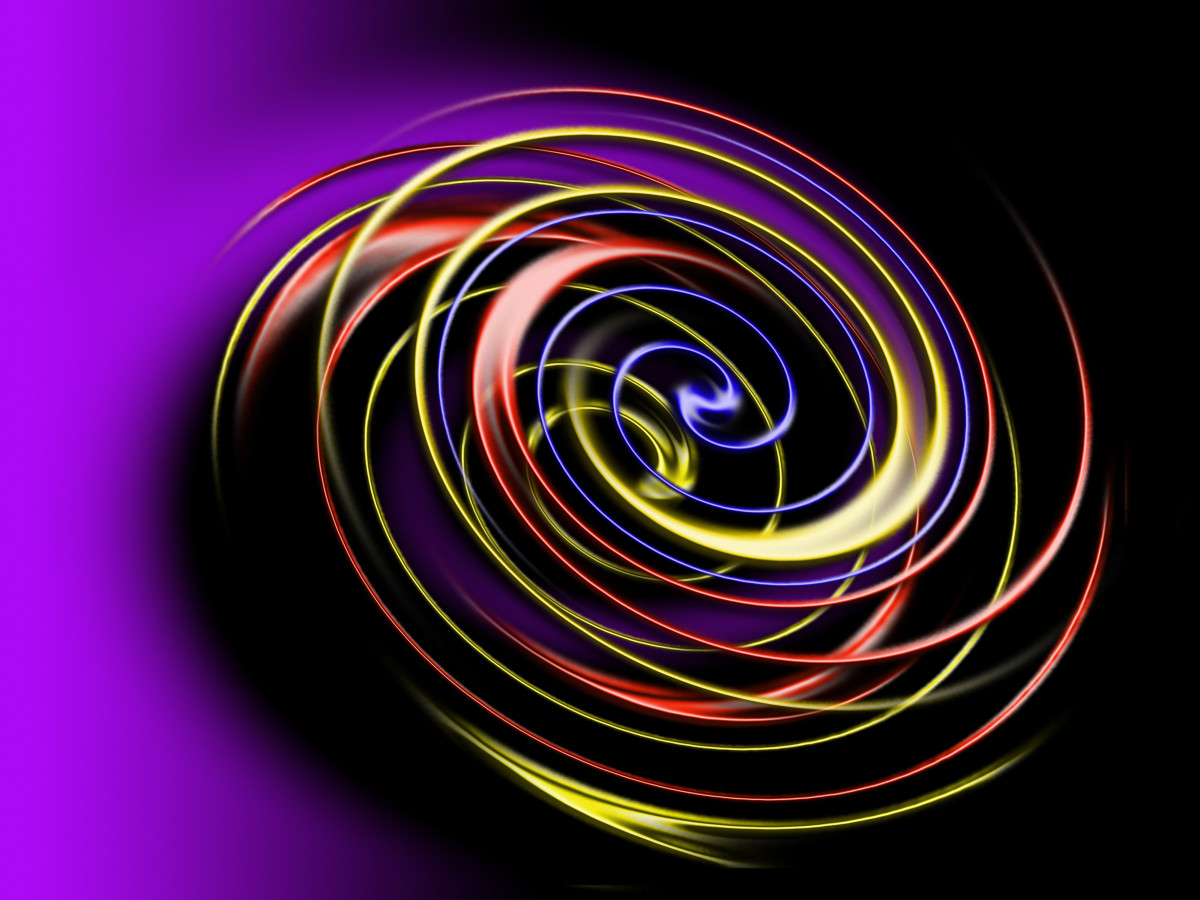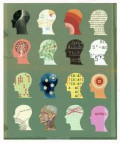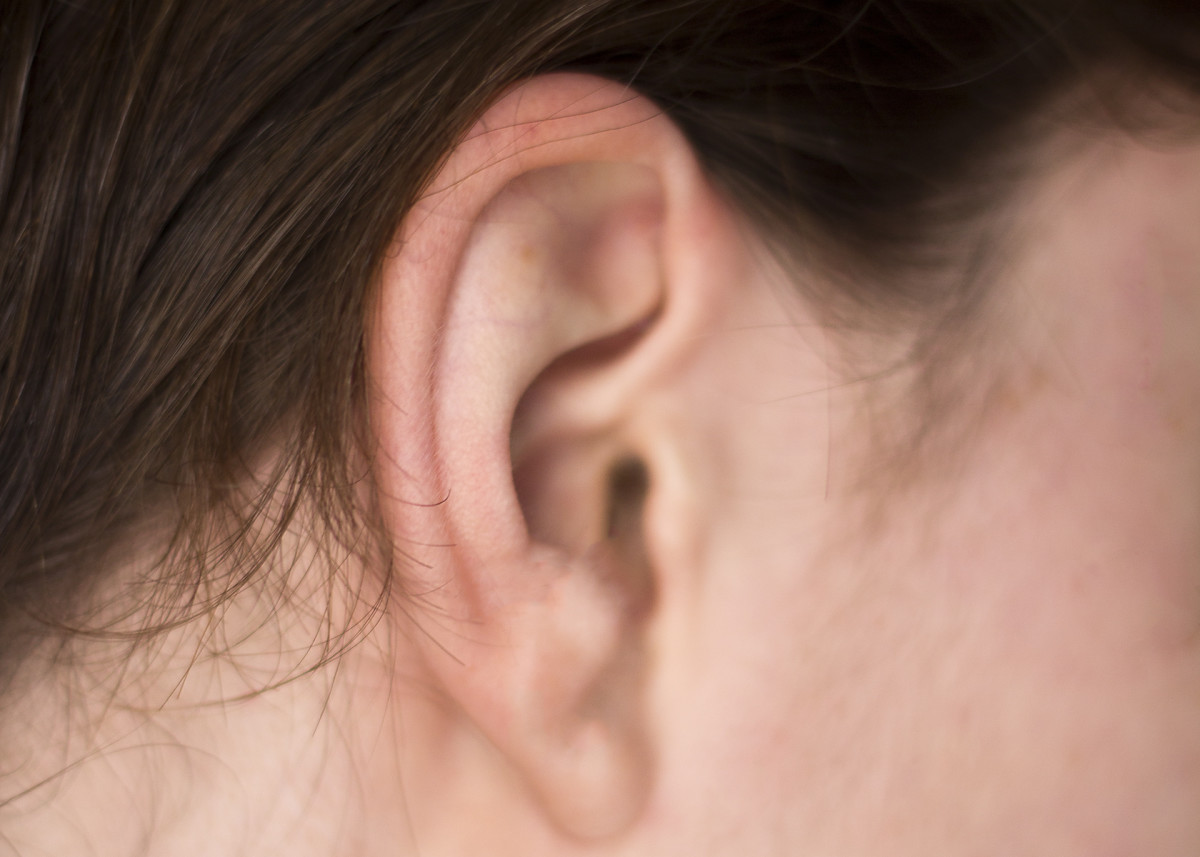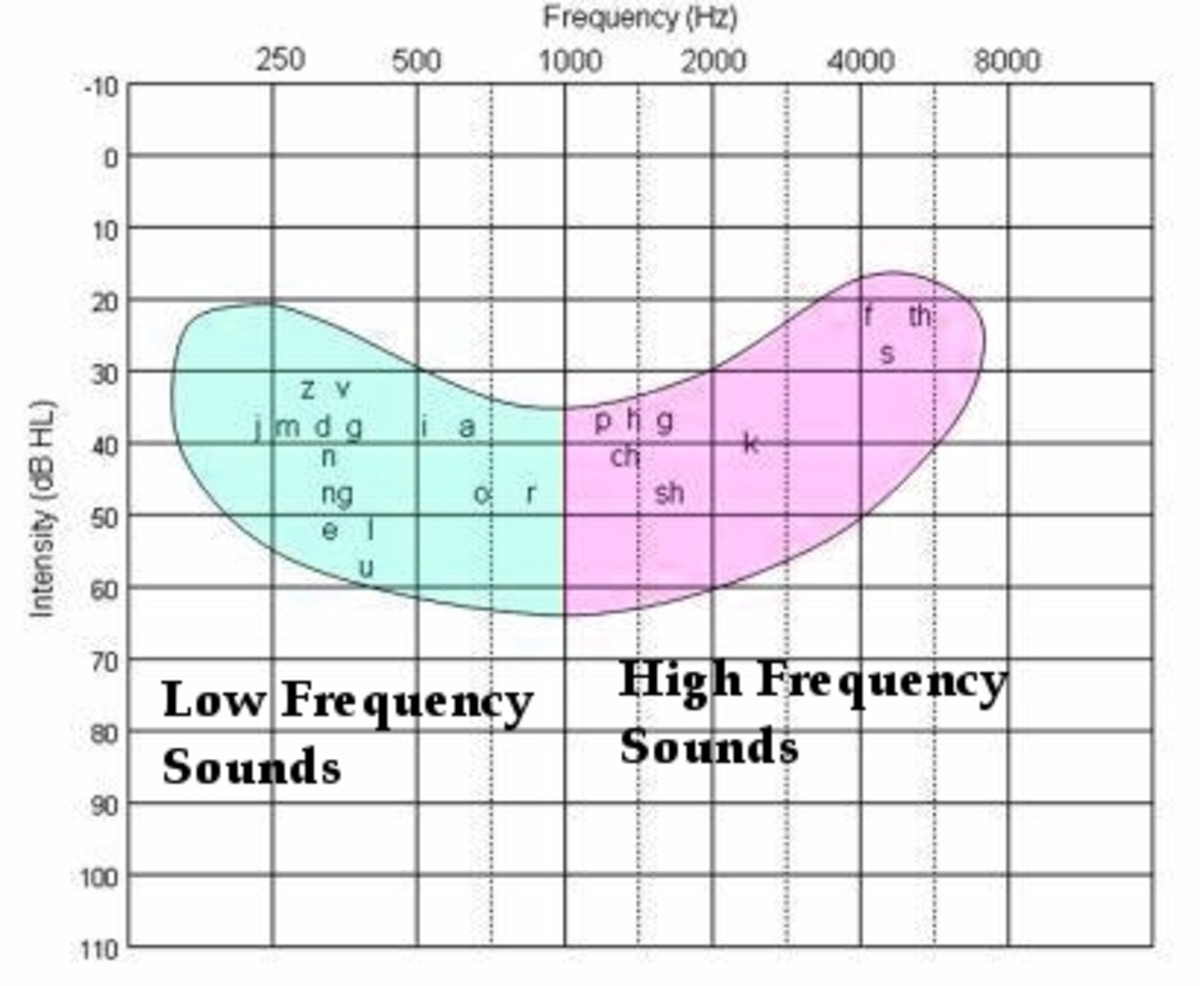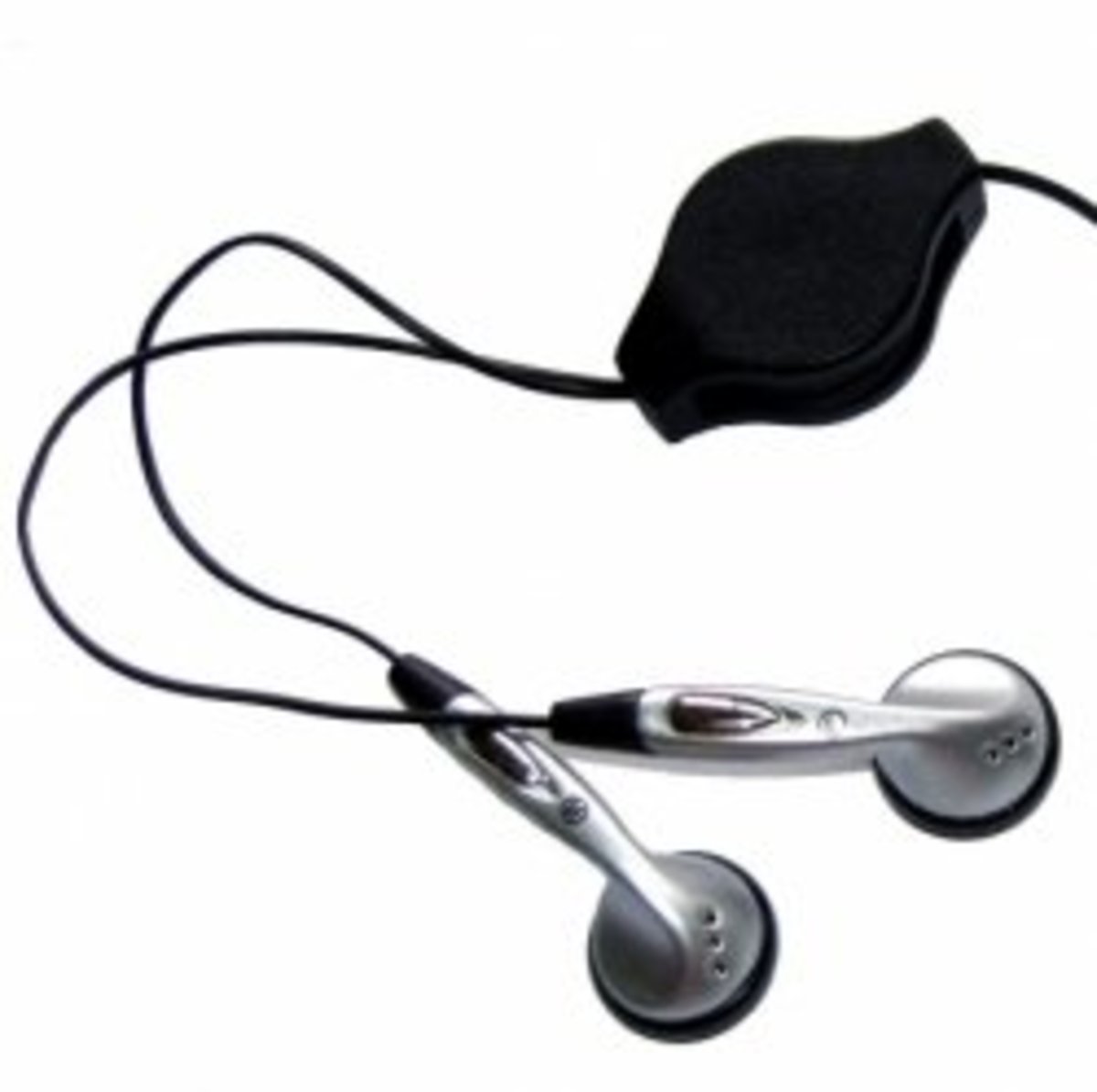How to Stop Vertigo for Good
This article provides details about what vertigo is, how to treat vertigo without medication and how to stop vertigo for good.
Contrary to popular belief vertigo is actually a symptom in itself and not a fear of heights. Nevertheless, it can cause tremendous difficulties for people who suffer from it. The condition makes the person feel as if they or objects close to them are moving, spinning or swaying. This sensation can often be associated with feelings of sickness and nausea. The most common causes of vertigo are as follows;
Benign Paroxysmal Positional Vertigo (BPPV)
This is the most common cause of vertigo and is classified as a disorder within the ear. The condition can affect anyone of any age, however, statistics point to women being more likely to suffer from it than men. BBPV can be caused by a blow to the head, ear surgery or prolonged head exposure in a recumbent position.
Labyrinthitis
This is caused when either a viral or bacterial infection cause part of the inner ear known as the labyrinth, to become inflamed. The inflammation in the ear can lead to problems with hearing and balance. Stress, a history of allergies, alcohol, ear infections and meningitis are also other risk factors that can lead to a person developing Labyrinthitis.
Ménière's Disease
Although the exact cause of Ménière's Disease is not known, most experts believe that the disease is caused by abnormalities in the ear which in turn affect the amount of fluid stored in the ear. It is this imbalance of ear fluid which leads to episodes of vertigo and nausea. It is also reported that people who have a family history of the disease are also at a greater risk of developing Ménière's Disease.
Vertigo is not uncommon with over 69 million people in the United States reported having suffered from it at some point.
Symptoms of vertigo
People who suffer from vertigo often experience symptoms relating to the following:
- Spinning sensations
- Tilting sensations
- Swaying sensations
- Feelings of nausea and sickness
- Rapid eye movements
- Ringing in ears
- Headaches
- Sweating
- Weak arms and legs
Medication to help with vertigo
For people who suffer from Meniere's disease, a diuretic (water pill) can be prescribed. The pill works by reducing the fluid build up in the ear. A doctor may also provide antihistamines or anticholergenics which are drugs that work by providing relief from dizziness and nausea. The drugs work by stopping motion sickness in the body. Unfortunately, it is reported that the side effects of taking these drugs can cause drowsiness in itself. A good point to bring up with your doctor.
Anti Anxiety medication is another type of medication to help with vertigo and is often provided by doctors to combat the condition. This is because vertigo can be associated with symptoms of anxiety/stress disorder. Diazepam (Valium) and alprazolam (Xanax) are the two drugs most commonly prescribed forms of anti-anxiety drugs. Please be aware if you choose to take these types of drugs they can be addictive if taken long term.
The main list of tablets provided for vertigo can be defined as follows:
Anti-inflammatories
Anti-migrainous
Anticonvulsants
Anti-Ménière’s
Antidepressants
Antiemetics
Treatments and vertigo remedies at home
Most cases of vertigo will get better without treatment, nevertheless, when trying to answer the question posed of how to stop vertigo for good, a wide range of treatment options are available depending on the severity of the condition. Although it is sometimes necessary to use medication to help with vertigo, most of the following treatment options are all holistic.
Relaxation
If you have vertigo which has been brought on by anxiety or stress lying still in a quiet, darkened room may help to ease any symptoms of nausea and reduce the sensation of spinning.
Vestibular Rehabilitation
This treatment option is an exercise-based program, designed by a specialty-trained vestibular physical therapist, to improve balance and reduce problems relating to dizziness.
Epley Maneuver
This exercise is a good example of an exercise that looks at how to treat vertigo without medication. If your vertigo comes from your left ear and side:
- Sit at the edge of your bed. Turn your head 45 degrees to the left (not as far as your left shoulder). Place your pillow under you so when you lie down, it rests between your shoulders rather than under your head.
- Quickly lie down on your back, with your head on the bed (still at the 45-degree angle). The pillow should be under your shoulders. Wait 30 seconds (for any vertigo to stop).
- Turn your head halfway (90 degrees) to the right without raising it. Wait 30 seconds.
- Turn your head and body on its side to the right, so you're looking at the floor. Wait 30 seconds.
- Slowly sit up, but remain on the bed a few minutes.
- If vertigo comes from your right ear, reverse these instructions. Sit on your bed, turn your head 45 degrees to the right, and so on.
It is important to do these movements at least three times before going to bed each night until you've gone at least 24 hours without dizziness.
Semont Maneuver
This exercise is another good example of vertigo remedies at home. For dizziness from the left ear and side:
- Sit on the edge of your bed. Turn your head 45 degrees to the right.
- Quickly lie down on your left side. Stay there for 30 seconds.
- Quickly move to lie down on the opposite end of your bed. Don't change the direction of your head. Keep it at a 45-degree angle and lie for 30 seconds. Look at the floor.
- Return slowly until your sitting and wait a few minutes.
- Reverse these moves if vertigo coming from the right ear.
Again, do these moves three times a day until you go 24 hours without vertigo.
Ginkgo Biloba
Ginkgo biloba has been proven to be effective in treating vertigo. The Gingko Biloba extract can be purchased in liquid or capsule form. Taking 240 milligrams of ginkgo biloba a day can decrease your vertigo symptoms.
Sleep
Did you know that lack of sleep can produce feelings of vertigo? If you notice yourself having bouts of vertigo particularly when you are tired you could well benefit from getting some extra rest/sleep.
Surgery
The body is very good at overcoming the imbalance caused by vertigo and so symptomatic treatment should be as short as possible because it can delay this natural healing. However, in some rare instances when a person is not responding to treatment and is suffering from debilitating vertigo surgery may be required. Surgery is usually reserved for patients with severe Ménière’s disease.
If you or a loved one is suffering from vertigo and have not benefited from any of the treatment options outlined above, you may benefit from checking out the Vertigo and Dizziness Program. It is a program that focuses on eliminating vertigo using natural vertigo remedies at home that only take 3-15 minutes per day to implement. The program aims to help rebalance an individual's head naturally. They can then go on to essentially eliminate the symptoms while also healing from vertigo and dizzy spells as a whole. The program states that the results gained are permanent and once you’re cured, you don’t have to use them again. We hope that the above article has shown you how to stop vertigo for good and how to treat vertigo without medication. Should you have any queries please leave a comment below and we will respond.


